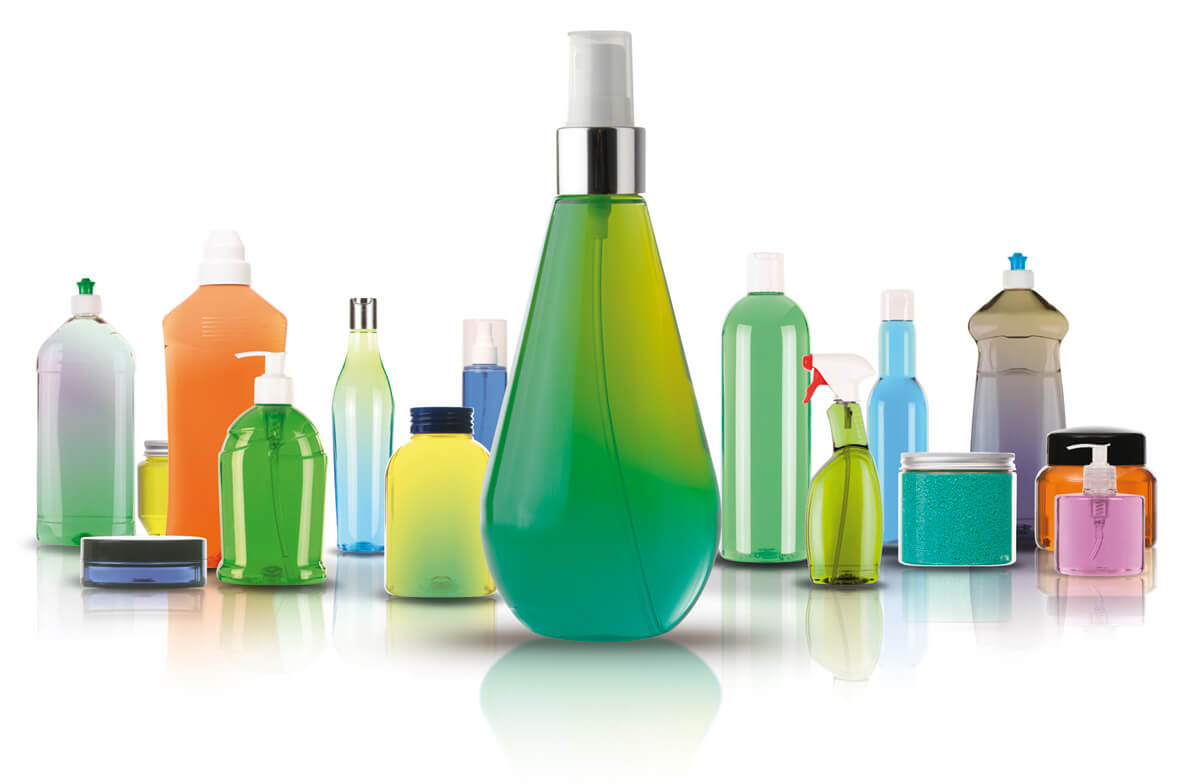The U.S. Food and Drug Administration usually spends its time reviewing medical devices or inspecting food facilities, but lately the agency has taken on the cosmetic industry with more gusto. While the FDA’s ability to regulate cosmetics is limited, the federal agency is allowed to regulate medical claims, and this has landed 18 different manufacturers in hot water.
The cosmetic industry is incredibly competitive, and in an effort to sell products, some manufacturers make claims the FDA does not allow. Finally Pure LLC received an FDA warning letter this past for July for claims made on its website that promote the use of its products for medical conditions.
Statements such as “antibacterial, antiviral, antifungal and antiparasitic,” “anti-inflammatory,” and “aids in stimulating collagen production” are in violation of the Federal Food, Drug, and Cosmetic Act. Under this Act, any product intended for the diagnosis, cure, mitigation, treatment, or prevention of a disease is considered a drug, and must comply with all federal safety regulations relating to drugs.
You might think the FDA is just being picky, but cosmetic manufacturers need to be kept in check. The popular cosmetic brand MiN New York actually claims its products contain “anti-anxiety properties.” To the FDA, these are medical claims, and they are very serious. Because none of MiN New York’s products have been approved to treat anxiety, the FDA will not allow them to market its products for this purpose.
The FDA has demonstrated it will not tolerate deceptive marketing. Just ask Johnson & Johnson or GlaxoSmithKline. Both companies have paid billions in fines for illegally marketing their products. Now that the FDA has made it clear cosmetic companies will be treated as drug companies if they make medical claims, cosmetic companies will have to be more careful if they don’t want to suffer a similar fate.

